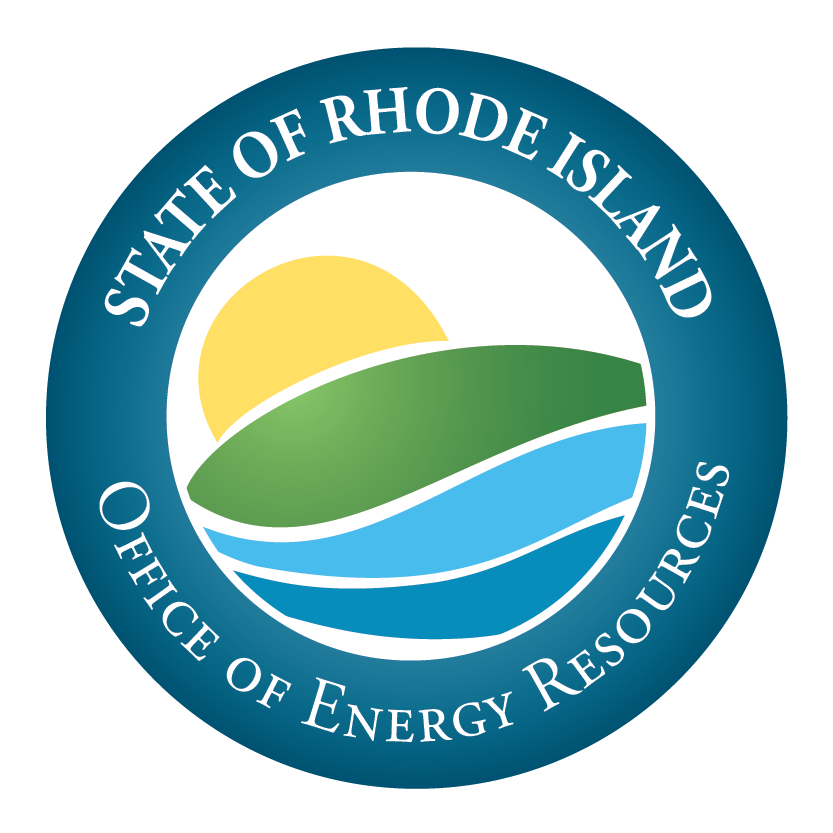Net Metering And Virtual Net Metering Overview
Net metering requires electric distribution companies to credit power produced by renewable energy systems installed behind a customer meter. Net Metering allows customers with eligible renewable energy systems to receive bill credits for all power generated up to 125 percent of the on-site consumption during a billing period. To participate in net metering, a renewable energy system must be sited on the customer’s premises. Eligible customer-sited net metering systems must be sized to meet on-site loads, based on a three-year average of electricity consumption at the property.
For electrical energy produced in excess of 100% of the renewable self-generator's consumption or the total usage of eligible accounts in a community remote net-metering system, excess renewable net-metering credits will equal the electric distribution company's avoided cost rate. This rate is defined as the last resort service charge for the relevant rate class and time-of-use billing period for the customer of record. The commission has the authority to determine the applicability of this credit to specific generation facilities in cases of uncertainty or disagreement.
The Title 39 Public Utilities and Carriers Chapter 26.4 Net Metering R.I. Gen. Laws § 39-26.4-2 section outlines Rhode Island's net metering policies, covering eligibility, credit allocation, and ownership structures for different net-metering systems. It also addresses specific requirements for community and remote net-metering setups, along with rules on credit distribution among eligible participants. Notably, for projects initiated after April 15, 2023, the renewable net-metering credit will be reduced by 20%, subject to a capacity limit of 275 MW. Additionally, new net-metering systems must be sited outside core forests, with exceptions for "preferred sites" like brownfields and other developed areas. For more information on core forests, visit this link. The law also revises the community solar remote net metering program, ensuring that at least 50% of the project capacity is allocated to low- and moderate-income residents or disadvantaged communities.
Virtual Net Metering allows eligible customers to connect their electric load regardless of whether the renewable system is located on the customers properties. Eligible Virtual Net Metering customers include public entity, educational institution, hospital, municipality, multi-municipal collaborative, or commercial or industrial customer as applicable. Virtual Net Metering projects are eligible up to 10 MW per project site. The state Net Metering and Virtual Net Metering law was enacted in 2011.
- If you live in the Clear River Electric & Water District, learn about your net metering policies.
- If you live on Block Island, learn about your net metering policies.
For further information about the programs, please visit Rhode Island Energy's RI Net-Metering page
Contact Us
If you have any additional questions about RI Solar Incentives, please contact Katherine Ortiz at katherine.ortiz.ctr@energy.ri.gov
